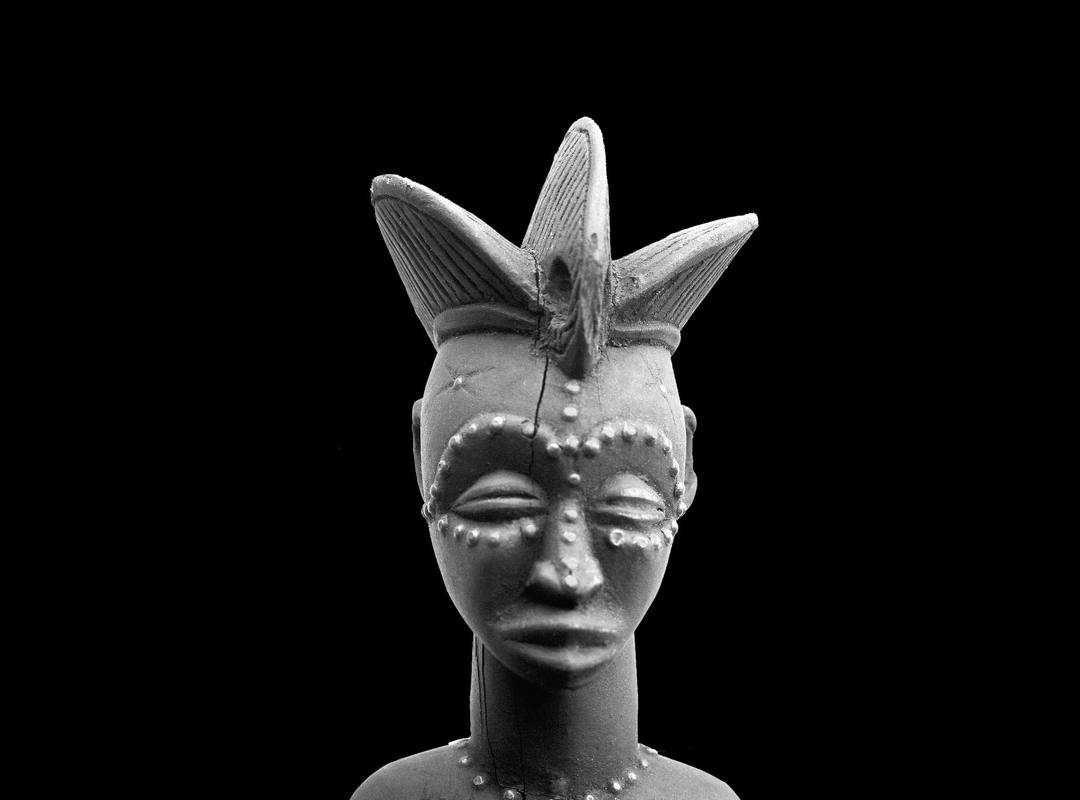
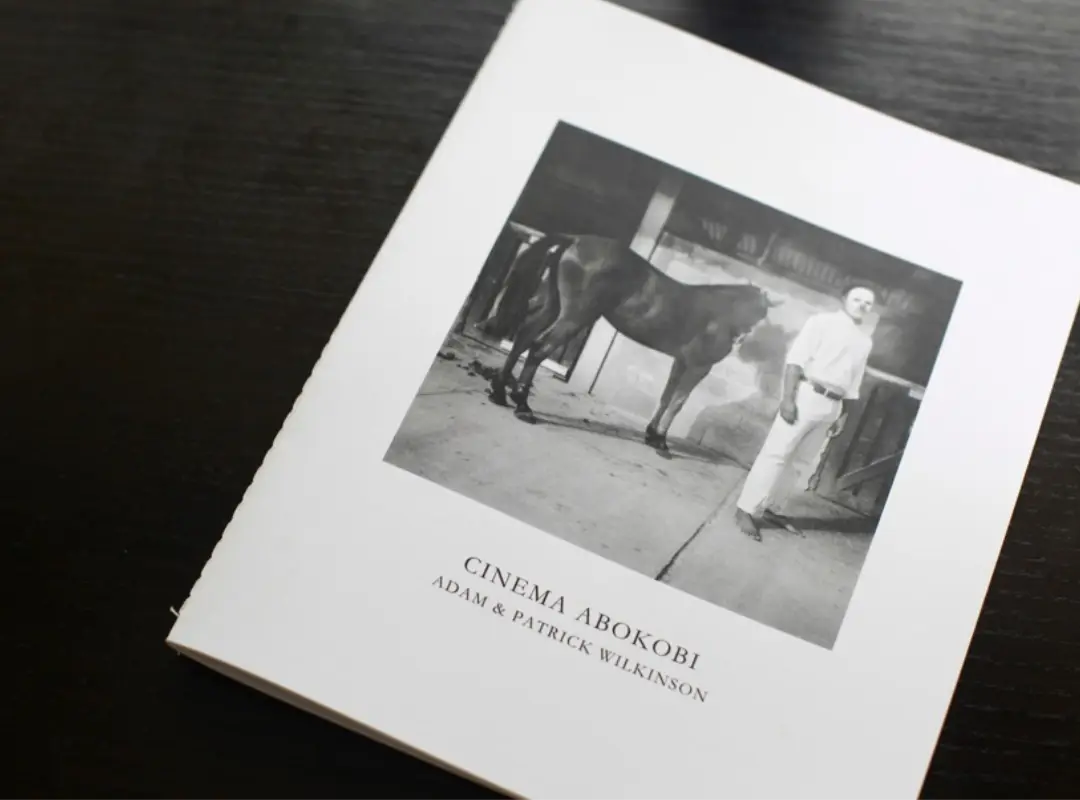
The films referenced in this series of photographs are films we watched years ago at the beginning of our obsession with cinema. These are some of the films that have remained with us and which we took with us to the town of Abokobi in Ghana. Some of the ideas were preconceived while others were inspired in the moment, by the location and its people. The references to the films are not exact and they are not meant to be. They are based on available resources, spots of memories and conversations about the films.
This is Cinema Abokobi.
The Wilkinson Brothers (Adam and Patrick) reimagine the influence of classic Hollywood film through the lens of life in Ghana. The brothers draw upon a family history that includes being born in LA to Ghanaian parents, relocating there as children, moving later to Johannesburg with their mom and stepdad, heading off to study and travel all around, and now living in LA again. To this day, each time they visit Ghana they are still amazed at how American it has become. “We didn’t appreciate it as kids, we needed a way back in.”
That way presented itself when Adam was living in Ghana and Patrick came for a visit and brought his camera. Both have a personal and professional interest in filmmaking and film history –but the first piece in this series started out as “kind of a joke.” More like easy-going brotherly telepathic inspiration, in that, as they were out for a drive, perhaps thinking back to a 2010 film they’d made in the same township, they came across an impressive “rubbish heap” featuring a photogenically broken down tractor, and thought — this is where they should have set Citizen Kane! So, yes, a joke, but then they followed up on the impulse, and it resulted in the foundation for what would become Cinema Abokobi.
“The time will come / when, with elation / you will greet yourself arriving / at your own door, in your own mirror / and each will smile at the other’s welcome.” –Derek Walcott
A much lengthier list of favorite classics was culled to a manageable eight through a process of intuition and opportunity. These were then flawlessly reconstructed with an amazing degree of interpretive accuracy and a gleeful deference to memory. Gold Diggers of 1935 (1935) features alluring ladies on the beach; Taxi Driver (1976) is literal and apparently devoid of psychopathy; the sweetheart make-out scene From Here to Eternity (1953) immortalizes actual young lovers; La Terra Trema (1948) like the origina is set in a fishing village; Pitfall (1962, Japan) likewise in a mining town. They tried Altman’s Brewste McCloud (1970) in a poultry farm once they realized they couldn’t build a proper Icarus costume. Shot in black and white, echoing the Italian New Wave fashion for amateur actors, the organic quality of the series rubs against the grain of the Golden-Age ethos to poignant and engaging effect.
But beyond the current of good-natured wit and the charm of the easy aesthetic, there is surely profound social and political meaning. The Wilkinsons admit it, but demur as to intention. “Of course it’s there, but we never planned it. With each picture, we try to understand what we have done, after we do it.” The influence of the West on Ghanaian culture (like its relentless influence everywhere) is ubiquitous, inescapable, and not entirely a bad thing. But in its heartfelt, earnest way, Cinema Abokobi asks a harder question: What does that influence look like in reverse?
–Shana Nys Dambrot

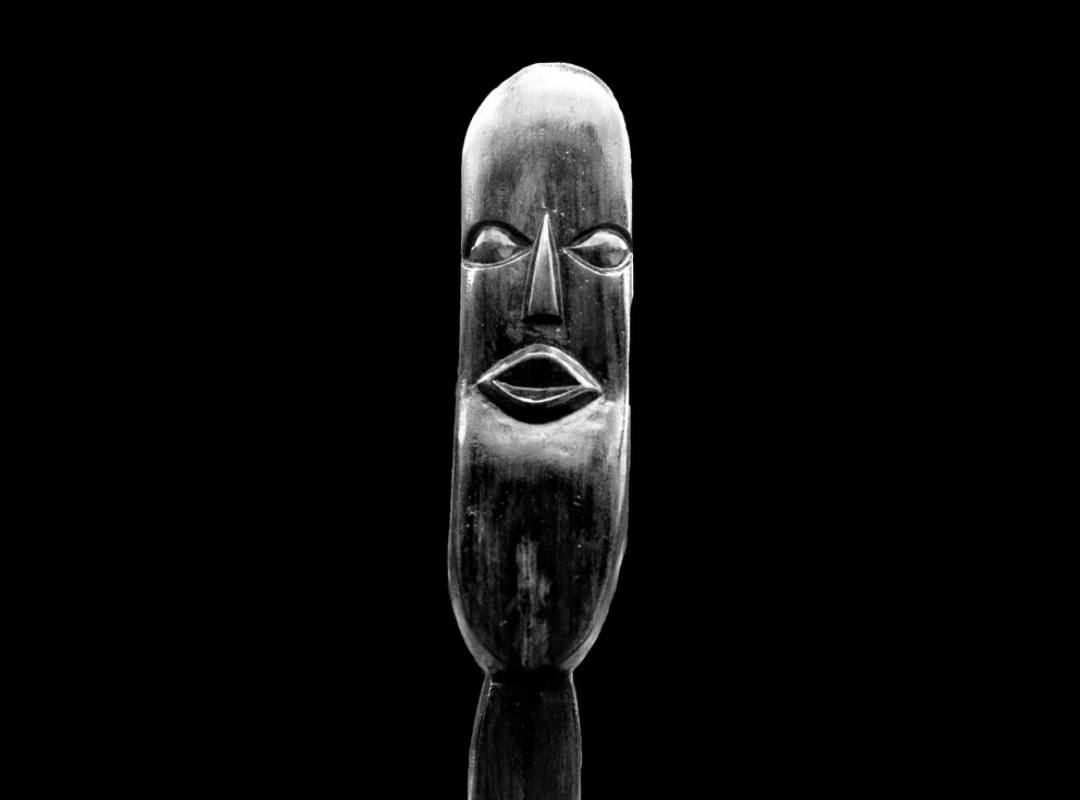
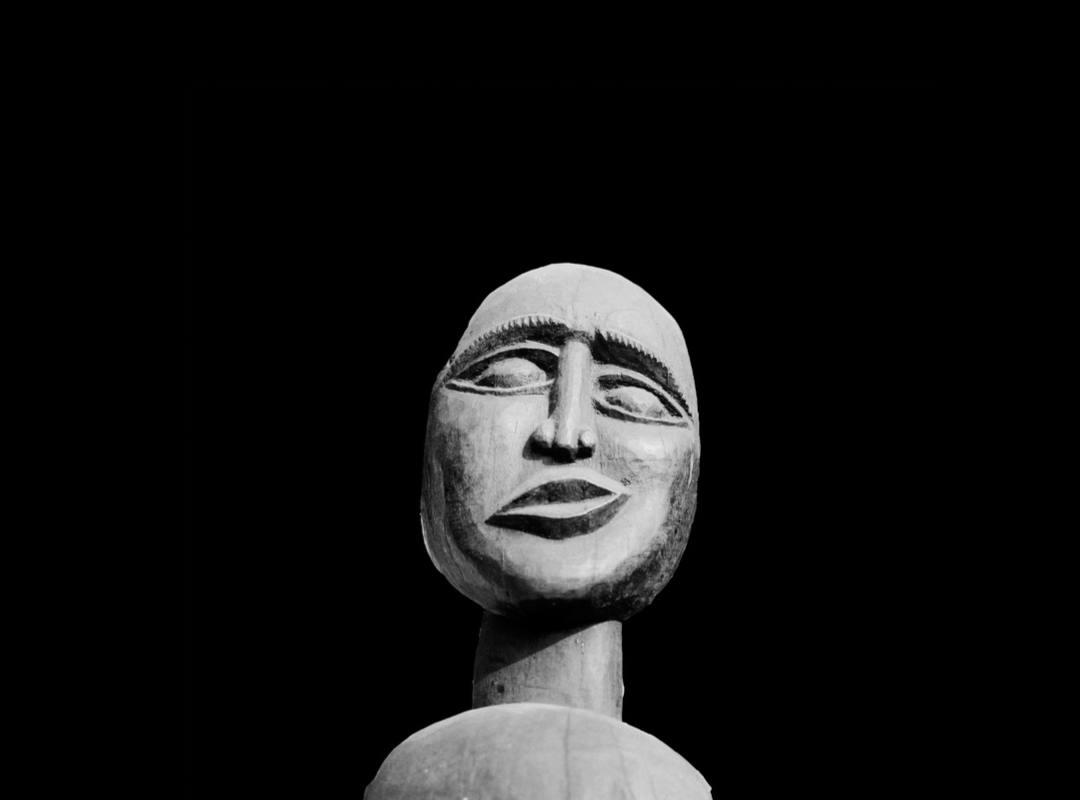

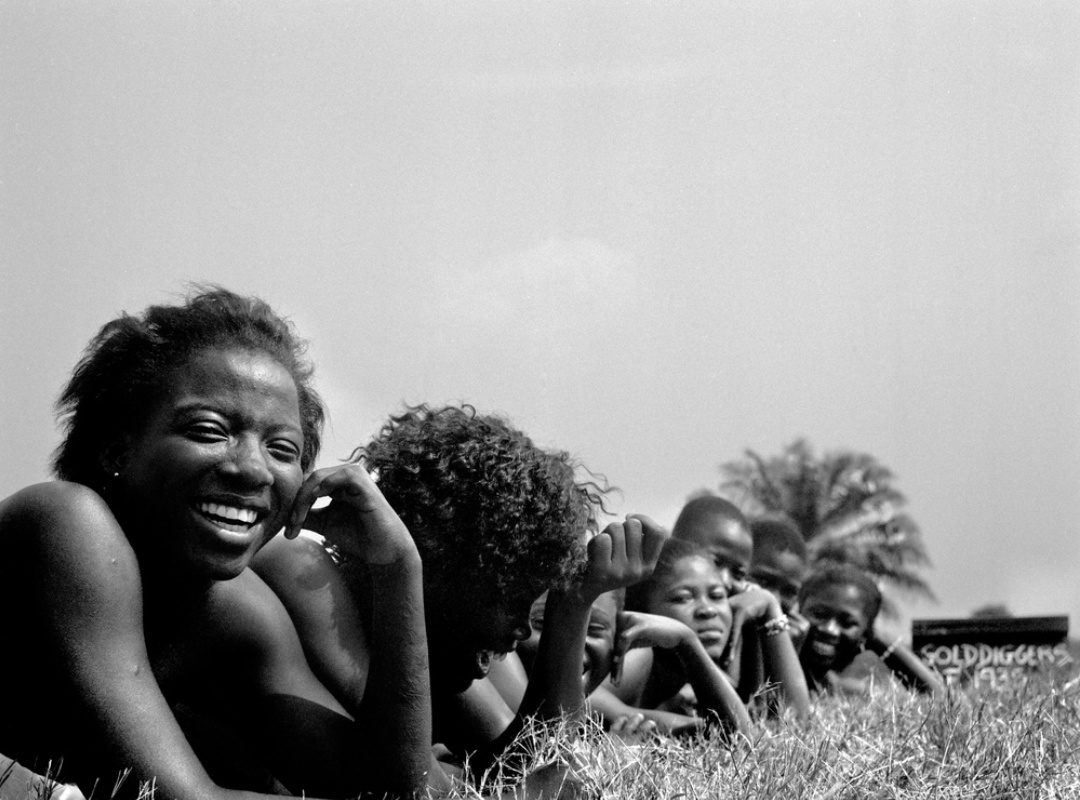
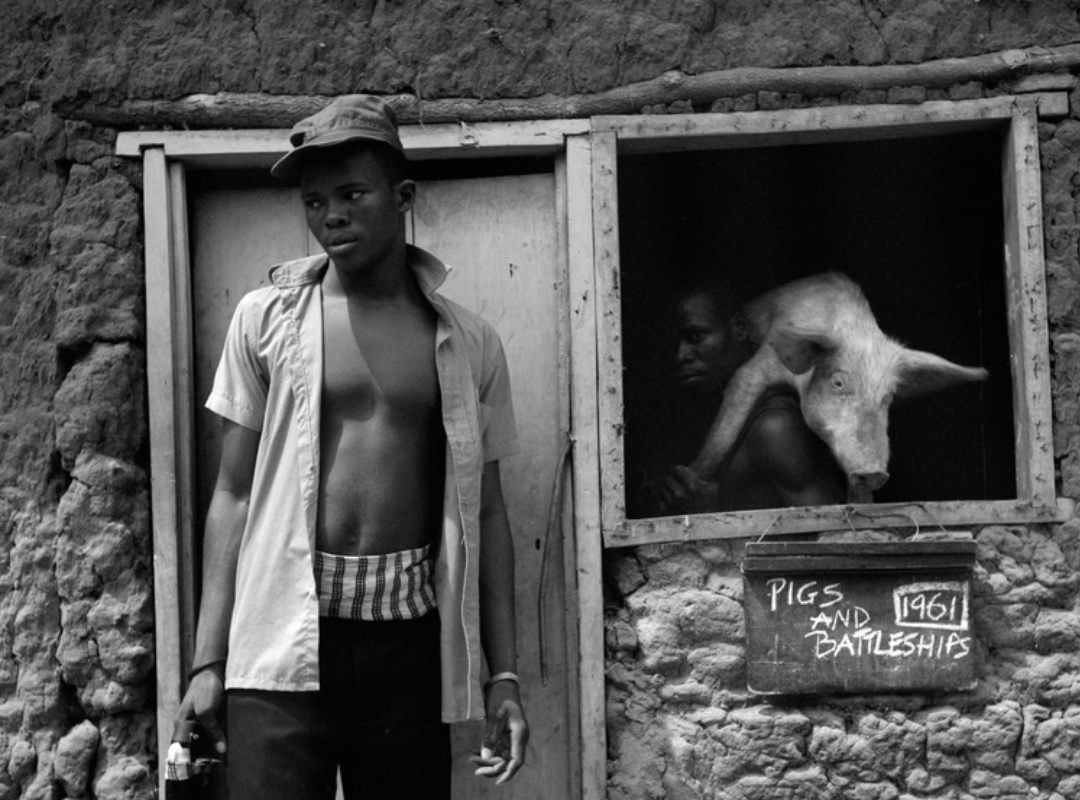
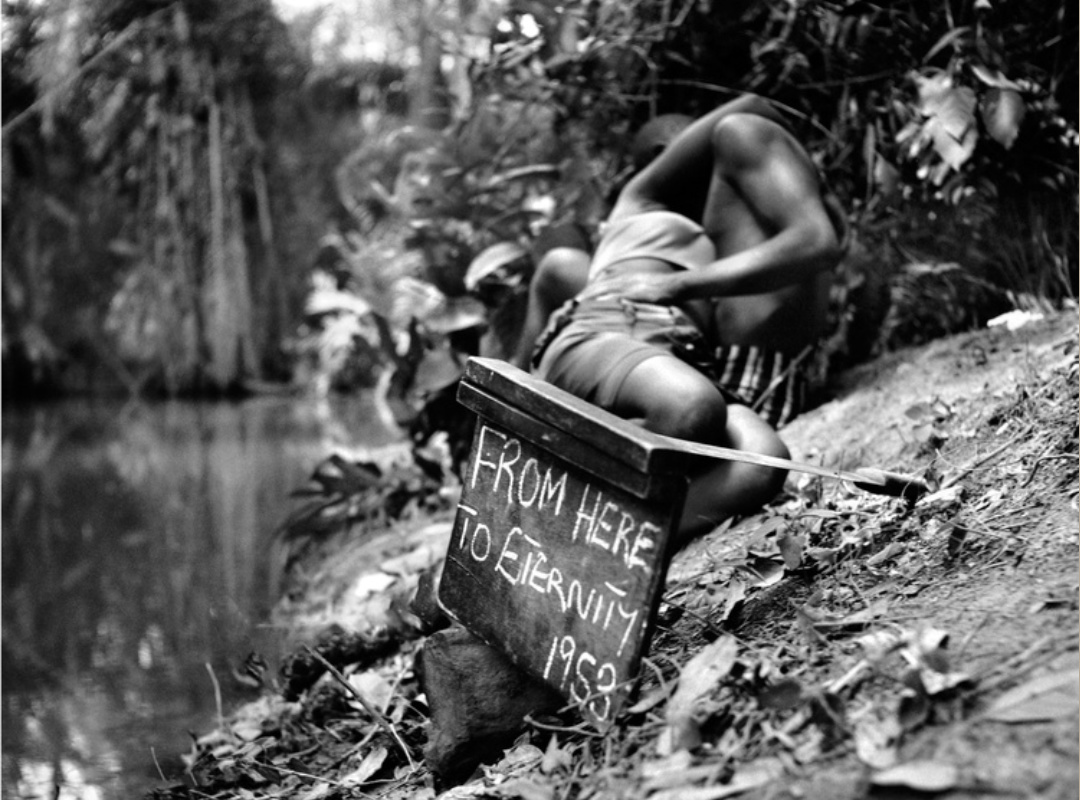


Powered by Wilkinson Works